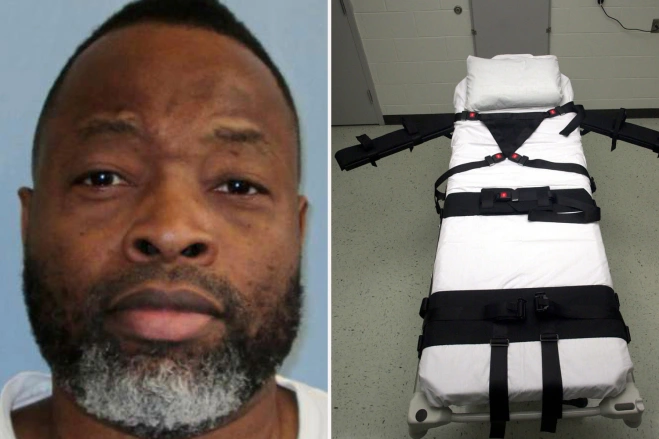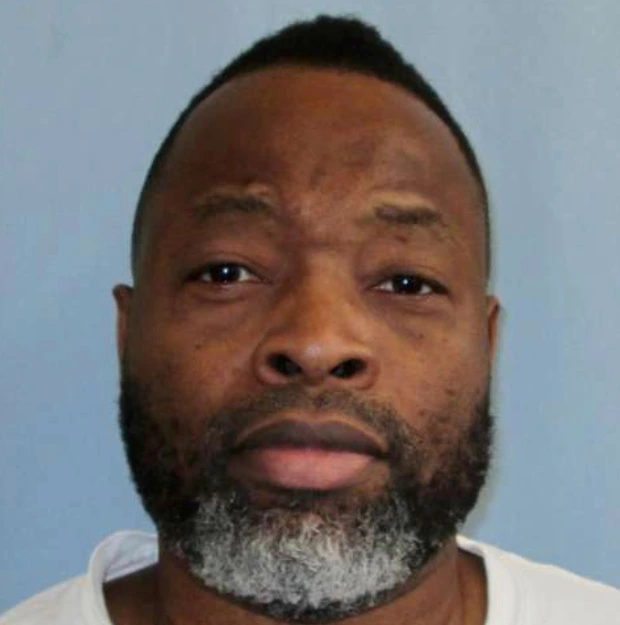
According to a human rights organisation report, the longest lethal injection procedure in US history was a death row inmate who endured “three hours of pain.”
50-year-old Joe Nathan James Jr. was found guilty of killing his ex-girlfriend in 1994, whose family came out against his death penalty.

The execution of James was scheduled for July 28 at 6:00 p.m. According to prison authorities, a death warrant was read at 9:03 p.m.
His moment of death was 9.27 p.m. at the William C. Holman Correctional Facility in Atmore, when he was put to death by lethal injection.
An IV line was allegedly attempted to be inserted for more than three hours, according to a human rights organisation.
Days following James’ death, Reprieve US funded an independent autopsy.
The organisation asserts that the execution crew then tried a “cut-down method,” which would have made James fight and injured his hands and wrists. This was after having trouble with the IV line, according to the organisation.
Director of Reprieve US Maya Foa reportedly said, “Subjecting a prisoner to three hours of anguish and suffering is the definition of cruel and unusual punishment.”
The terrible practise of lethal injection cannot be justified by states as being in any way humanitarian.
Prior to James Jr.’s execution, the Alabama Department of Corrections said that nothing unusual had happened.
“We’re carrying out the ultimate punishment… and we have protocols and we are very deliberate in our process and making sure everything goes according to plan,” said ADOC Commissioner John Hamm.
“So, if that takes a few minutes or a few hours, that’s what we do.”
Hamm said that James was not sedated before the procedure started and would not elaborate on what caused the delay, AL.com reported.
A prison official later confirmed that the delay was because of the time needed to connect the IV line, the news outlet reported.
“Three-hour delays in carrying out executions after all court issues have been resolved are not normal,” Robert Dunham, executive director of the Death Penalty Information Center, said after the execution.
“They don’t happen unless something has gone wrong or the state is not properly prepared.”





